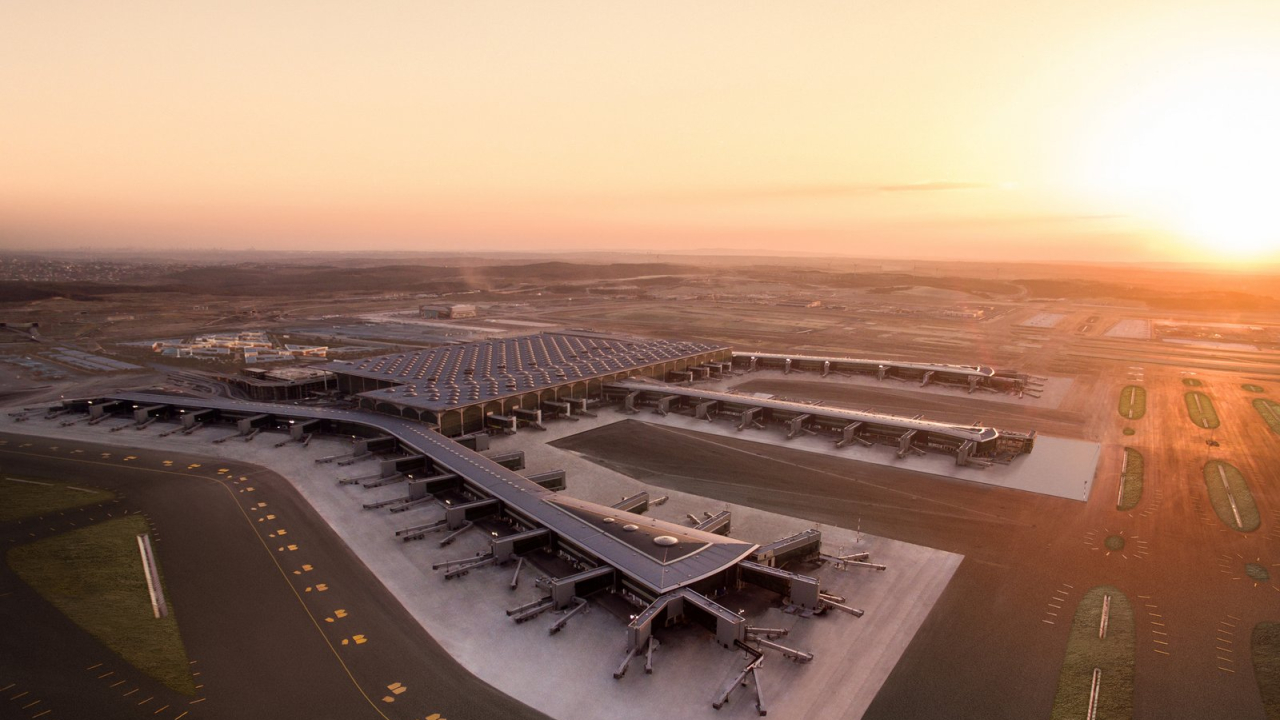Abu Dhabi airport sees strong gain in passenger numbers for July

Mohammed Al Bulooki, Vice-President, Airline Marketing and Aeronautical Revenue, Abu Dhabi Airports Company said: “This follows a rise of 7.9% in June and a cumulative 8.1% passenger number growth for the first half of this year.
He attributed the growth to a traditional increase in summer travel and the establishment of new airlines.
"There are a host of reasons our numbers are up. Summer travel is the first. The establishment of new airlines this year has played a vital role in July's increase. Etihad, which is crucial to our success, is carrying out great marketing campaigns and knowledge in the market about Etihad is growing and their seat factors are increasing with that. Added frequencies and destinations by serving airlines at
Lufthansa, KLM and Singapore Airlines have all moved to daily operations over the past few months, with some employing larger aircraft on their sectors.
These are other contributing factors that will continue to drive growth, he added.
"During this year, Etihad added three or four new destinations. Lufthansa, KLM and Singapore Airlines moved to daily flights. Instead of using A330s they are now using A340s or 777s. And this is happening because there is demand," said Bulooki.
Growing interest of airlines in Abu Dhabi Airports was due to the better yield it offers, said Bulooki, on the back of Air Asia X's Abu Dhabi-Kuala Lampur service launch yesterday.
"If an airline is yield focused, which means they want to make more money on the same route, then they would consider
Acknowledging that higher profits to airlines would mean higher ticket prices for passengers, Bulooki said travellers from
"Yes, sometimes it may not be as lucrative for passengers but then they have little choice as they will have to travel for a few hours to take advantage of lower fares, which is not ideal," he said.
Stay up to date
Subscribe to the free Times Aerospace newsletter and receive the latest content every week. We'll never share your email address.

